Quiz Yourself
Regenerative Agriculture Quiz
Regenerative Agriculture Quiz
Take our quiz and learn about regenerative agriculture.
There is a small wait at the end while we tally your score and show your results.
How many millimeters of soil are eroded in the United States annually?
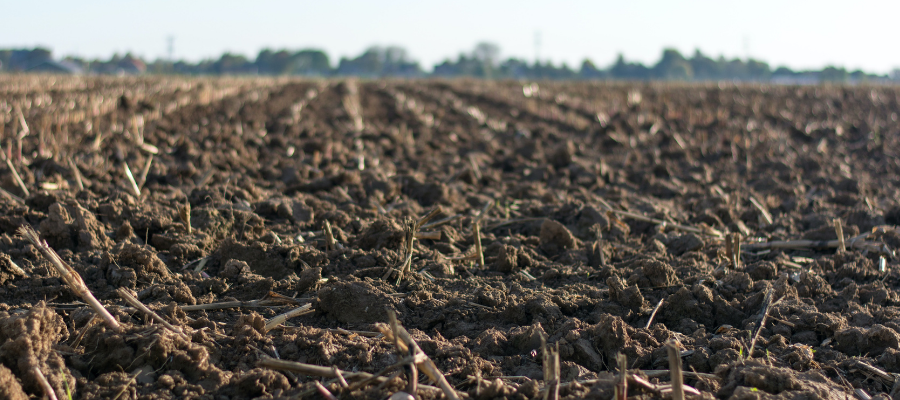
Researchers have found that on average 1.8 millimeters of soil are eroded in the United States each year, nearly double the rate reported by the United States Department of Agriculture. It is estimated that 57.6 billion metric tons of soil have been lost in the last 160 years.
Which of the following is NOT a regenerative agriculture practice?
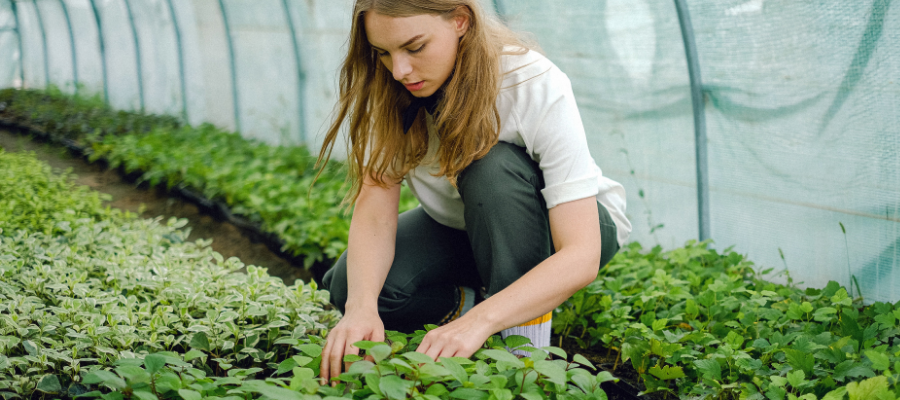
The goal of regenerative agriculture goes far beyond that of organic farming in how it seeks to regenerate, not only the health of the soil, but the health of the entire ecosystem. It seeks to achieve this through regenerative practices such as cover crops and minimized tillage.
Which of the following is NOT a regenerative agriculture practice?
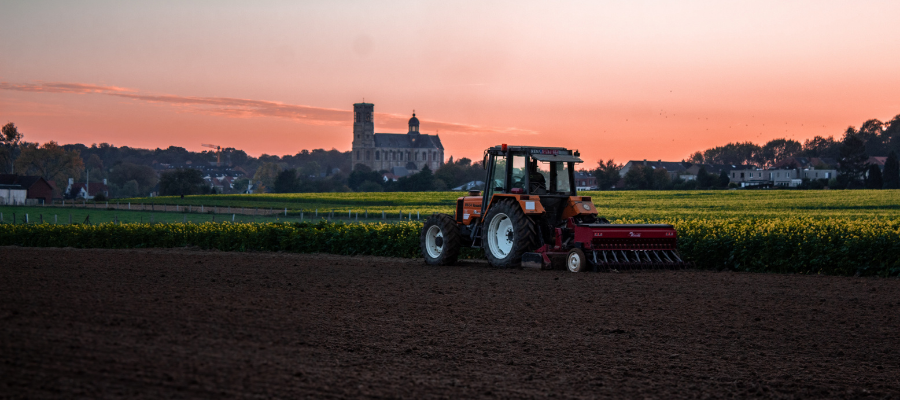
Monoculture is the practice of only planting one type of crop over a large area. This practice is not in line with the goal of regenerative agriculture seeing as it reduces biodiversity, making the land more susceptible to pests and disease.
Can low-input agriculture be profitable if a landowner manages a healthy regenerative farm that functions as an ecosystem?
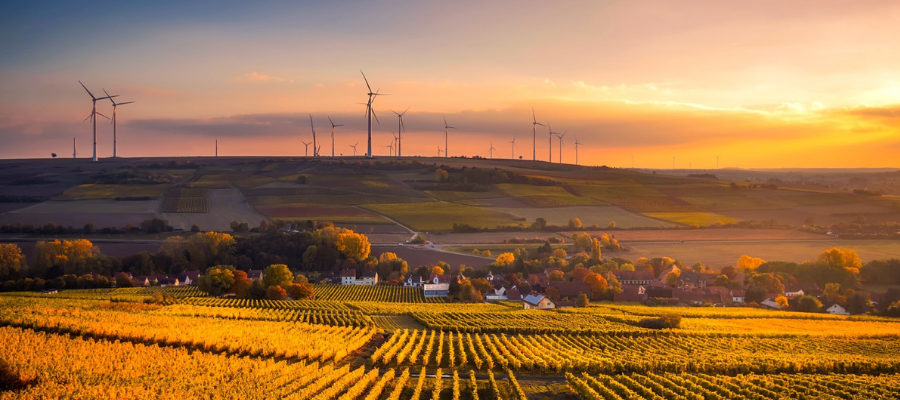
Low-input agriculture seeks to support local ecosystems by limiting reliance on fertilizers and pesticides and maintaining local biodiversity. While it may produce lower crop yields than conventional farming, farmers can still produce enough crops to make a profit.
What is the practice of growing a series of different types of crops in the same area across a sequence of growing seasons?

Crop rotation encourages resilience in crops seeing as it has been shown to aid in disease suppression and nutrient cycling. In fact, it encourages higher levels of nutrient cycling compared to monoculture as well as enhanced productivity and yield.
How many hectares of forest are destroyed each year?

Unfortunately, approximately 10 million hectares of forest are lost each year as a result of deforestation, an amount roughly the size of Iceland. To make matters worse, around 35 million hectares are damaged by insects.
What sector is the largest source of methane emissions in the United States?
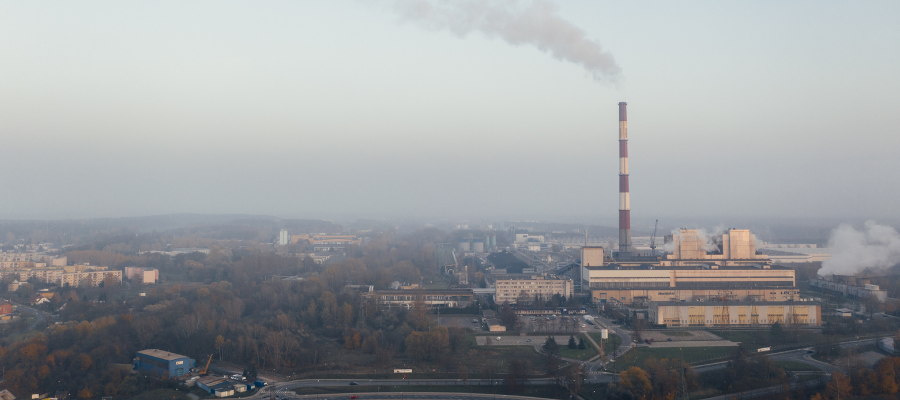
Methane, the second largest contributor to rising global temperatures after carbon dioxide, is naturally released by farm livestock as a part of their digestive process.
Which of the following pesticides are banned in other countries but not the U.S.?
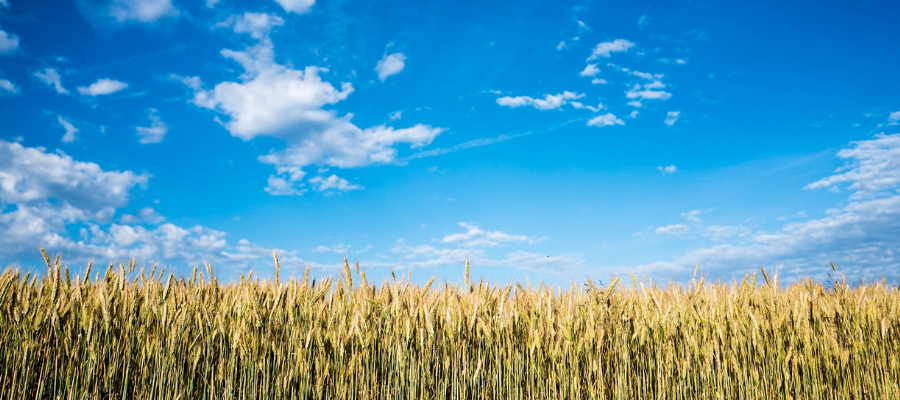
All of these pesticides have been banned or restricted in other countries, but are still being used in the United States. Paraquat has been found to have links to Parkinson's disease, glyphosate is linked with several cancers, and atrazine can cause damage to various body systems.
What percentage of food is wasted in the United States annually?
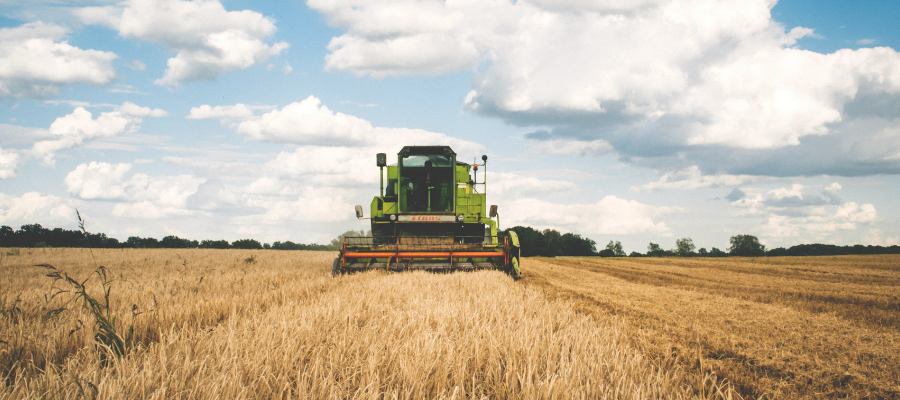
In the United States it is estimated that 30-40% of the food supply goes to waste. This is equivalent to approximately 133 billion pounds of food and corresponds to $161 billion in 2010.
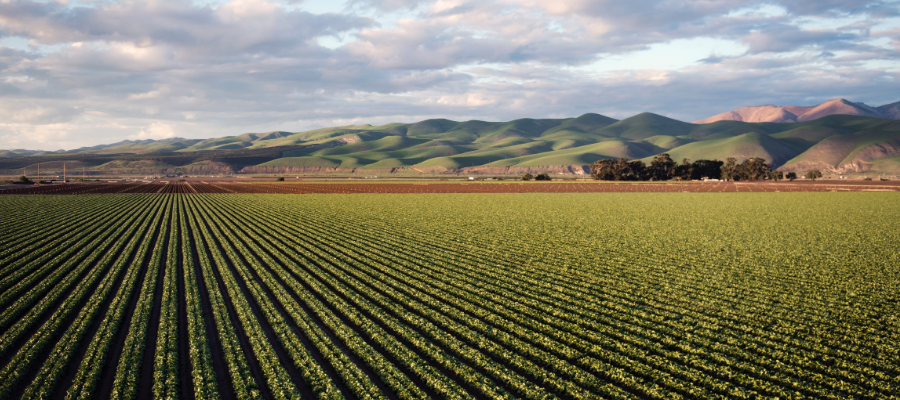
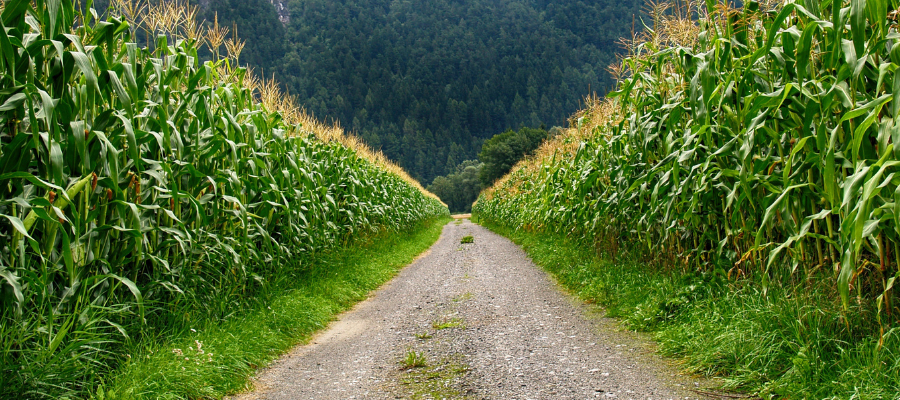
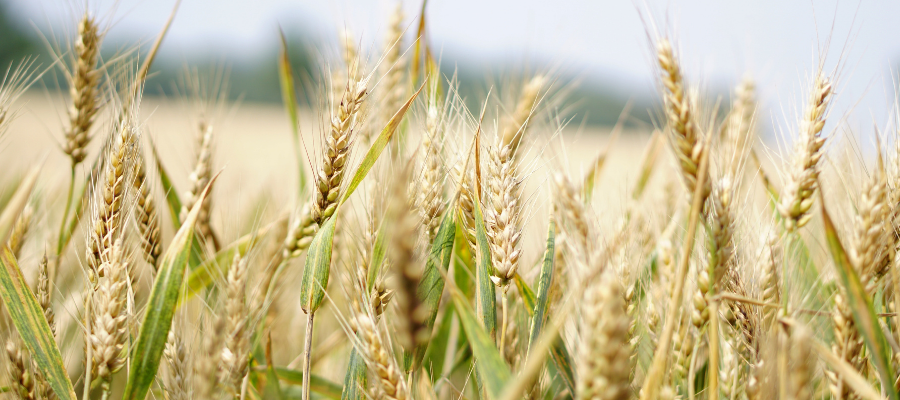
Share your Results:
Learned something? Check out our other quizzes:
Go back to quizzes